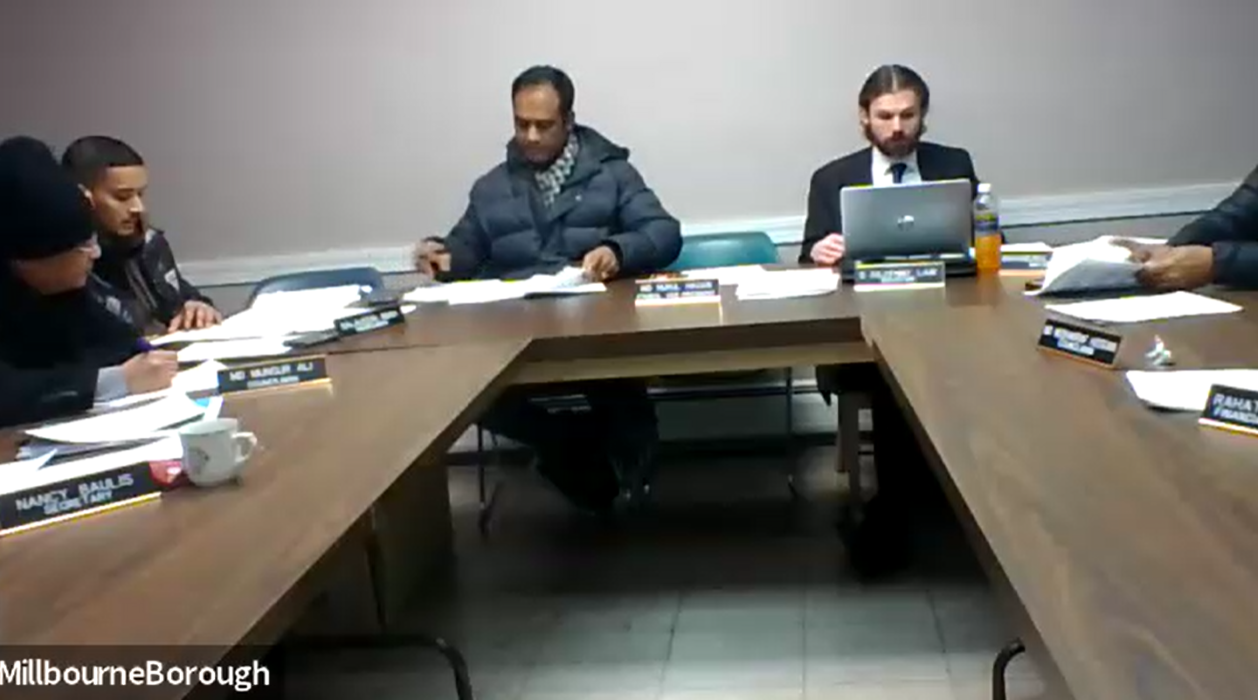Pennsylvania Mail-In Ballot Case Filed by Republicans Dismissed by Democrat Judge
The Commonwealth Court does not have subject matter authority over mail-in vote cases against 67 private region sheets of elections, according to Pennsylvania Democrat Judge Ellen Ceisler, who dismissed a case regarding how districts should treat mail that has been marked improperly. Republican plaintiffs would have to file a lawsuit in each region individually or file an appeal to resolving the control dispute in order to prevent regions from allowing mail-in ballots to be mailed.
The condition is the result of a contentious nationwide argument over how counties may treat specific mail-in ballots.
Voters in Pennsylvania are required by state law to sign and date the inner box of their mail-in vote before it can be counted. However, most mail-in votes are returned to the county without a touch or good day, making them ineligible for counting under the state election code.
But just before the 2022 midterm election, that policy was fiercely contested in jury. Democrats demanded that improper ballots be counted. Republicans argued that the vote script should be upheld and that incorrectly marked mail-in ballots shouldn’t be taken into account.
Leigh Chapman, the acting secretary of state for Pennsylvania, now issued a directive ordering all regions to include unpublished ballots in their standard returns for the election on November 8.
Ceisler ruled this week that the secretary of state has no jurisdiction over this issue for specific regions.
For the Nov. 8 vote, the State Supreme Court mandated that region boards of elections separate and preserve any absentee or mail-in ballots rather than counting them.
Some districts complied with the state Supreme Court’s order, while others started contacting voters with erroneous envelopes and inviting them to visit the county office to fix the issue so that their vote would qualify.
Republicans claimed that this is fast ballot campaigning. According to the law, counties are required to keep ballots tight until 7 a.m. on Election Day, at which point they may begin counting mail-in votes.
Election Law
Numerous Republican organizations submitted a petition in Commonwealth Court naming the various region sheets of votes in Pennsylvania. The Republican National Committee ( RNC ), the National Republican Senatorial Committee, the Republican Party of Pennsylvania, and a few individual Republicans all submitted the petition. According to Thomas King III, counsel for the Republican Party of Pennsylvania, the RNC is no longer a party in the case.
Republicans requested that the court rule that because the General Assembly’s role is to develop and implement vote cure procedures, boards of elections does not take it upon themselves to do so.
“Implementation of such procedures directly violates the Election Law’s various pre-canvassing and provisional ballot provisions; that the furnishing of voters’ personally identifying information to political party representatives, candidates, and/or special interest groups violates voters’ constitutional right to informational privacy,” Republicans argue in court papers. “The acting secretary has issued guidance directing the county boards to engage in pre-canvass activities under the guise of making ‘administrative determinations’ and statements encouraging the boards to contact voters whose defective ballots have been cancelled due to errors on the ballots’ outer envelopes so they may have the opportunity to have their votes count.”
Republicans claim that it is unlawful because elector and mail-in votes are required by law to be kept in sealed or locked pots until Election Day, and county boards are not allowed to handle the votes in any other way until that day.
King told The Epoch Times,” We’re analyzing the verdict.” We are entitled to file an appeal with the Pennsylvania Supreme Court. I’m never sure if we will or not.
The Pennsylvania Democratic Party was asked for reply by The Epoch Times.
" Conservative News Daily does not always share or support the views and opinions expressed here; they are just those of the writer."





Now loading...